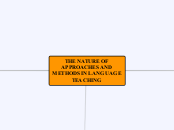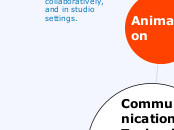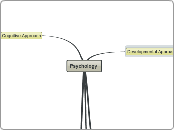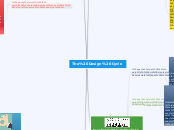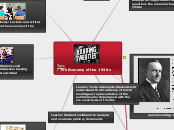по yoshigeidis jam bustillo 8 лет назад
376
the nature of approaches and methods in languague techeaching
Language teaching methodologies encompass various approaches and methods, each focusing on different aspects of the learning process. The procedure aspect deals with how teaching activities are presented, practiced, and how feedback is provided to learners.
